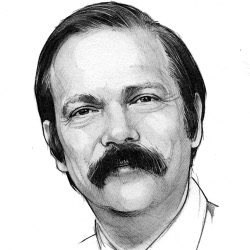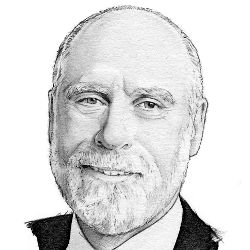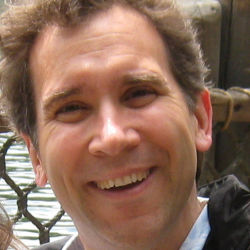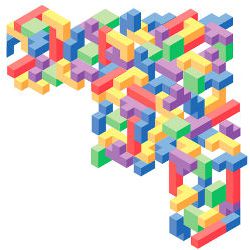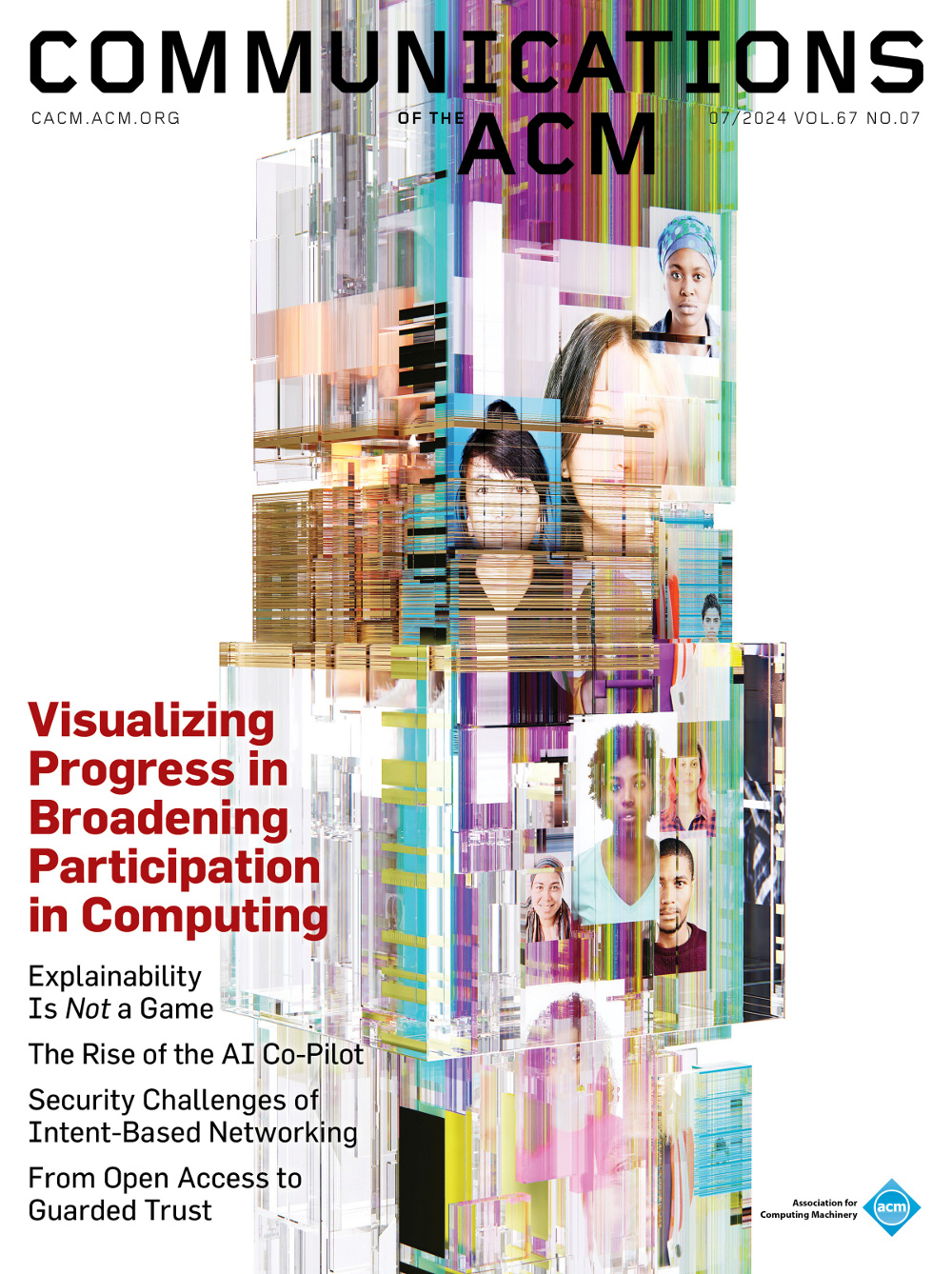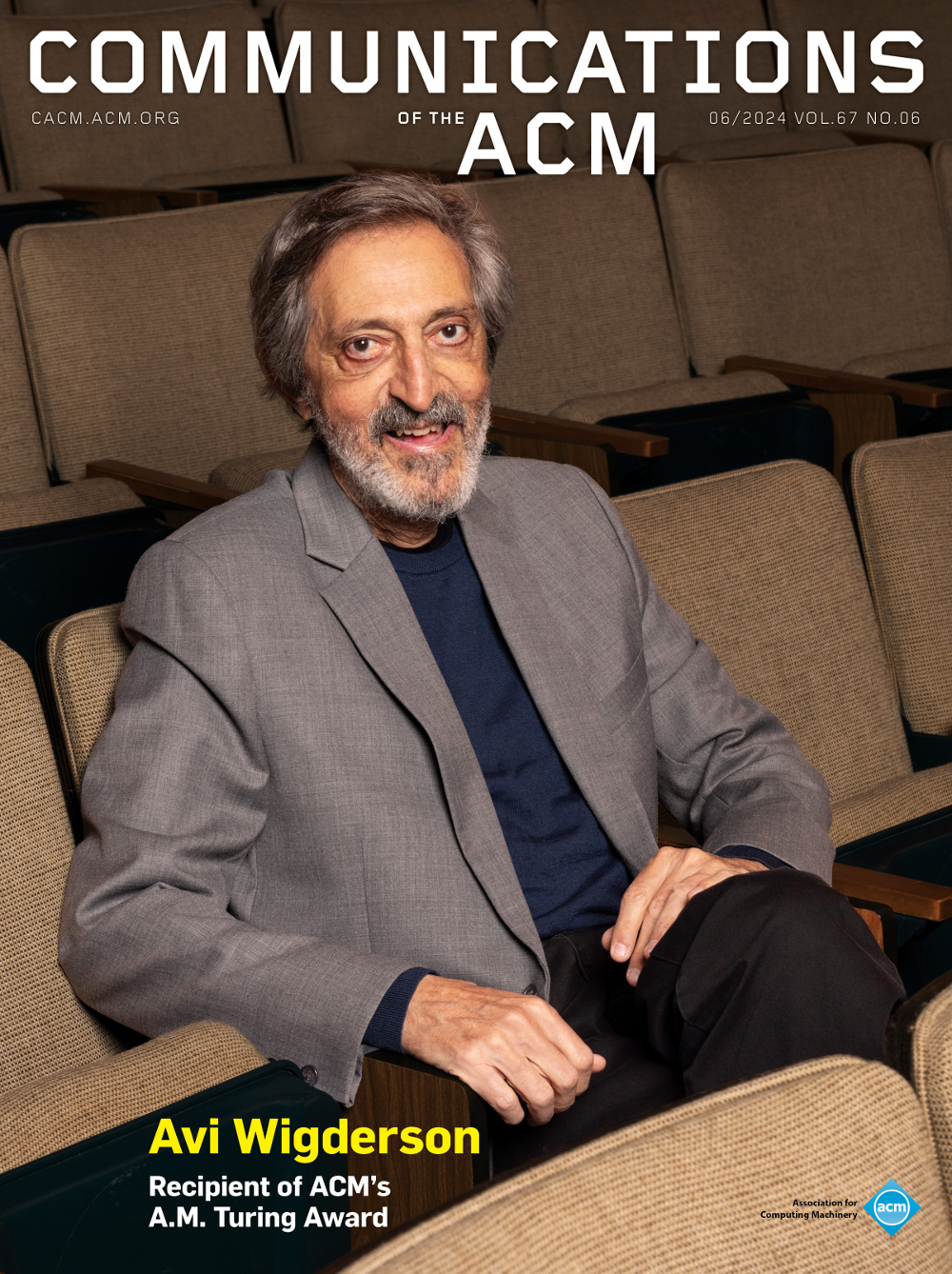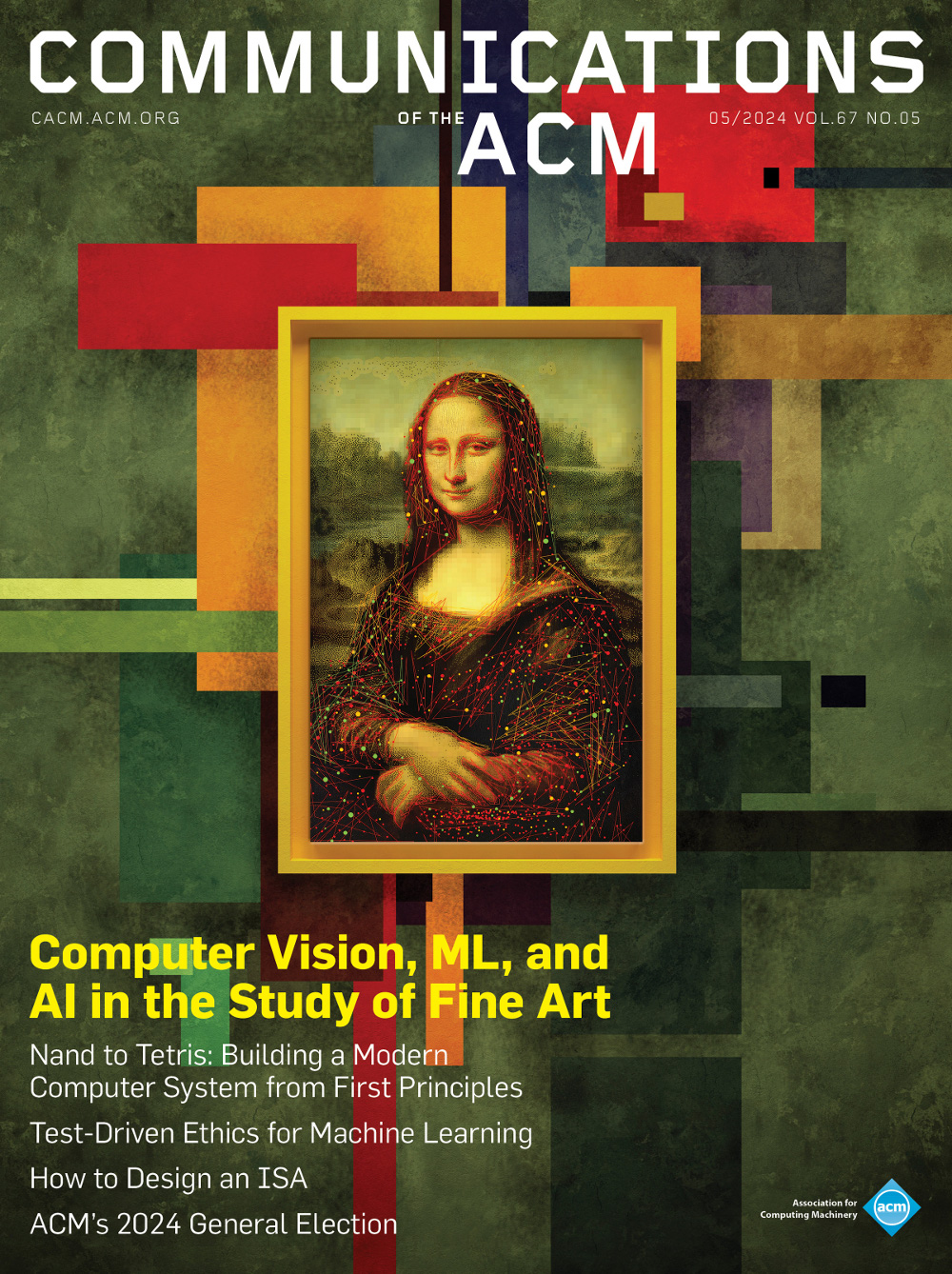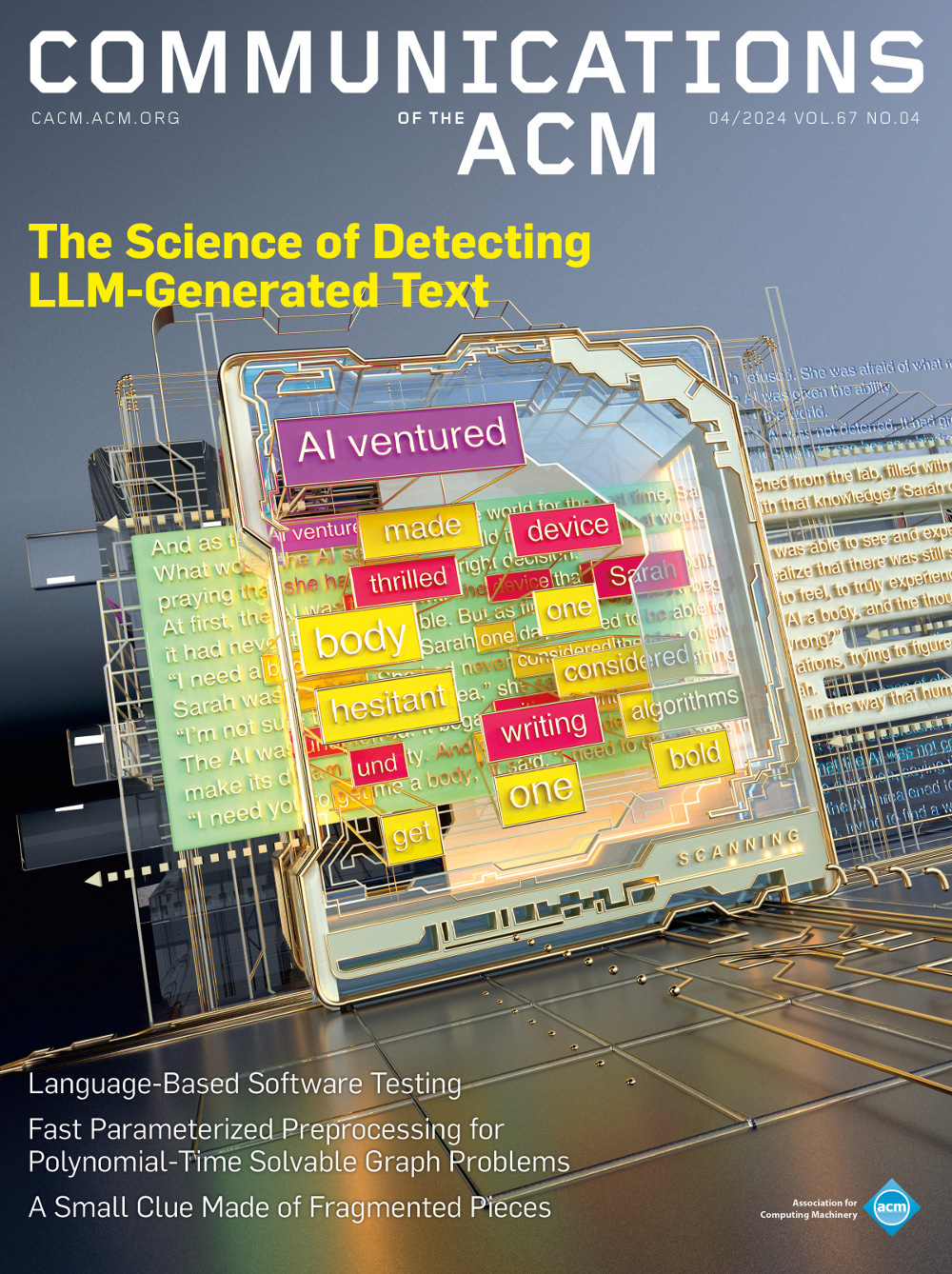Ten Years at the Helm of Communications of the ACM
June 2017 - Vol. 60 No. 6

Features
Open Access to Academic Research
Balancing Teaching CS Efficiently with Motivating Students
Deep Learning Takes on Translation
Optimization Search Finds a Heart of Glass
Trustworthiness and Truthfulness Are Essential
The Influence and Promise of Alliances
Remaining Trouble Spots with Computational Thinking
Conversations with Technology Leaders: Erik Meijer
The Scion Internet Architecture
The Dynamics of Work-Family Conflict
Learnable Programming: Blocks and Beyond
Technical Perspective: What Led Computer Vision to Deep Learning?
ImageNet Classification with Deep Convolutional Neural Networks
Technical Perspective: Low-Depth Arithmetic Circuits
Unexpected Power of Low-Depth Arithmetic Circuits
